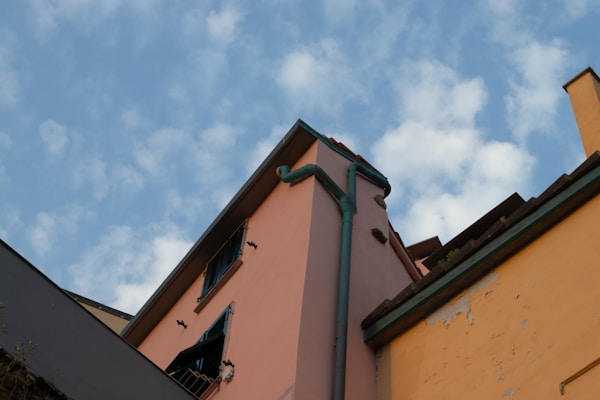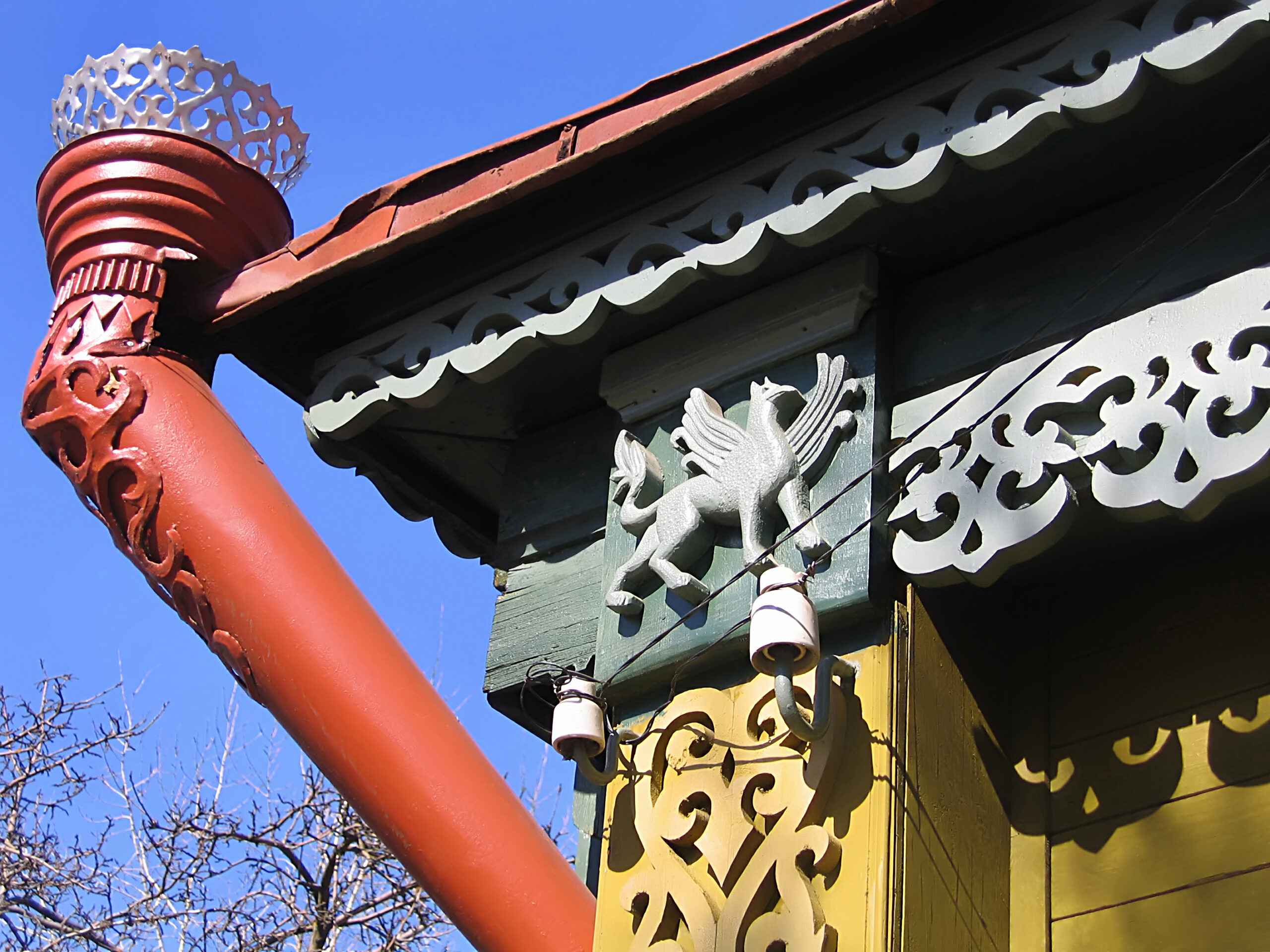Gutters are essential components of a building’s exterior that play a crucial role in maintaining the structural integrity of a home or business establishment. In this article, we dive into the importance of gutters, their functionality, various types of gutters, and how to choose the right one for your property. Keep reading to better understand the vital role that gutters play in protecting your building’s foundation and surrounding landscape.
The Functionality of Gutters

Gutters are designed to collect and direct rainwater away from the roof and foundation of a building. Without properly functioning gutters, rainwater can cause considerable damage, including eroding soil around the foundation, resulting in basement leaks, mold and mildew growth, as well as potentially compromising the structural integrity of the building. Additionally, the absence of gutters can lead to unsightly water stains on the exterior surfaces and promote the spread of dangerous contaminants such as mold and mildew.
Proper installation is crucial when it comes to gutters, as they need to be pitched accurately and sized to accommodate the expected amount of rainwater. Investing in professional gutter installation costs early on can save homeowners from dealing with costly repairs and water damage in the long run. Moreover, it’s important to clean and maintain gutters regularly, preferably twice a year, to prevent blockages and ensure they continue to function optimally. In extreme weather conditions or with certain building structures, additional measures, such as gutter guards, might be necessary to prevent clogs and overflows.
Another aspect to consider is the aesthetic appeal of gutters. Homeowners and business owners can select from various styles, materials, and colors to match their building’s design. A well-designed gutter system not only aids in water management but also enhances a property’s curb appeal, contributing to the overall value of the building.
Types of Gutters
There are several types of gutters available in the market, each having its own set of advantages and disadvantages. The most common types include aluminum, copper, steel, vinyl, and zinc gutters. Aluminum gutters are lightweight, rust-resistant, and typically the most affordable, making them the popular choice for many homeowners. However, they may be prone to dents from ladders or falling branches and may not be the best option in areas with harsh weather conditions.
Copper and zinc gutters, on the other hand, boast a high degree of durability and can last for several decades without rusting. These options also develop a natural patina over time, which adds a unique aesthetic appeal to the property. However, they are also the most expensive options and may not be suitable for those with budget constraints. Steel gutters are strong and durable but are prone to rust and may require more maintenance than their counterparts. Finally, vinyl gutters are lightweight, easy to install, and affordable but may become brittle in extreme temperatures, limiting their longevity.
In addition to the material, gutters come in different styles, such as K-style, half-round, and box gutters. K-style and half-round gutters are the most common, with the former being more ornamental and the latter known for their efficient water flow. Box gutters, meanwhile, are typically used for commercial flat roofs and historic residential properties.
Selecting the Right Gutter System

The process of selecting the right gutter system for your property can be daunting, given the varying materials, styles, and installation requirements. It’s essential to consider factors such as the local climate, the building’s architecture, and your budget to make an informed decision that meets your needs. Plus, it’s helpful to consult with a gutter installation professional who can advise you on the best option for your specific situation.
When choosing a gutter system, keep in mind that the primary goal is to effectively manage rainwater, prevent damage to your property, and maintain a visually appealing exterior. Durability is another crucial aspect of a sound gutter system, as a more durable material reduces the risk of frequent replacements and repairs, saving both time and money over time.
Finally, proper installation and maintenance of the gutters are critical to their performance, irrespective of the chosen style and material. Hiring a professional installer with a strong track record is an investment in the long-term protection of your building and its surroundings.
Altogether, gutters are a vital part of any building’s structural integrity, helping to manage and direct rainwater away from the foundation while preventing water damage and soil erosion. Selecting the right system involves careful consideration of factors such as climate, aesthetics, and budget, as well as professional guidance and installation to ensure optimal protection and performance.
Overall, investing in a high-quality gutter system is a wise decision that safeguards your building and landscape from potential damage, enhances its curb appeal, and contributes to the overall value of your property.

